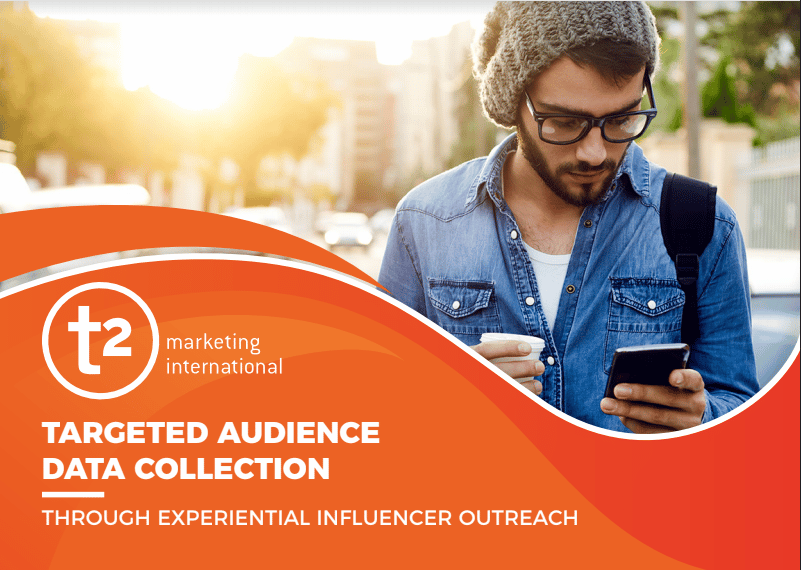How Will Blockchain Impact the Future of Marketing?
Blockchain may be the future of marketing. With a limitless potential for data storage and retrieval, it only makes sense that it has the structure to be a marketer’s dream.
What is the blockchain? The blockchain is a way to keep permanent public records of any data transfers done through the blockchain network. It has been described as a public unchangeable Google Doc: you can add to it, but you can’t change what’s already there. Why use blockchain in marketing? It has the ability to increase marketing transparency, target customers more efficiently, and increase the overall effectiveness of advertisements.

Transparency
With the use of blockchain, advertising fraud could be avoided. Advertising fraud occurs when ad impressions are falsely represented, this can happen due to bots, for example, which view your ad and make it seem as if a real person was viewing it. This has negative repercussions on advertising companies, the paying advertiser, and investors. Using blockchain, anyone would have access to a public database of information showing everything related to an ad impression. This database would show clicks, conversions, impressions, website, location, and any other relevant information to any marketing campaign. Due to its public nature, companies would be forced to deliver on their promises of ad impressions because all the information would be public and verifiable by anyone.
Efficiency
Blockchain can affect the efficiency of marketing in various ways. Currently, marketers must use a tools to conduct proper marketing research and practices across multiple social media platforms. This is often facilitated with the help of third-party technology which analyzes various social media platforms at once and pools the data into one place. Currently, large companies such as Facebook, Twitter, or Google have no incentive to work together and therefore do not facilitate the jobs of marketers. With the help of blockchain, all information would be located in one central database. This would prevent the use of costly third-party tech and give more depth and insight to marketers.
Efficiency could also increase through payments. Using the blockchain, users could send money to content creators at no added cost by a third party. Blockchain would also verify the identify of the content creator (making sure no fraudulent activity is taking place). The money would then be sent, creating a permanent record of the transaction, free of service charges for either party. The payment would be sent instantly with no waiting time which is a significant improvement from 3-day bank processing fees or weekly payments from third-party middlemen.
Effectiveness
Using blockchain will provide marketers with real-time info about the preferences and information consumption of users. This will allow marketers to create the most targeted ads possible, generating effective content for their audience. In one study, close to 80 percent of ad block technology users said they wouldn’t mind seeing advertisements if they were more personalized. This open system will also show how big companies are using data to target customers for advertisements as mentioned previously. This means anyone can see how their ad traffic is being generated, and what kind of individuals like their content. This will increase efficiency because companies will feel pressured to deliver when there’s nowhere to hide. Instead of potentially using fraudulent methods to deliver impressions such as bots, companies will have to deliver quality.
Blockchain has potential to be the internet’s force for good if used properly. Transparency, efficiency, and effectiveness of internet marketing may become a reality in the coming years. Until then, marketers will have to blindly trust large companies, and jump through some hoops to find important data and produce great campaigns and data.






